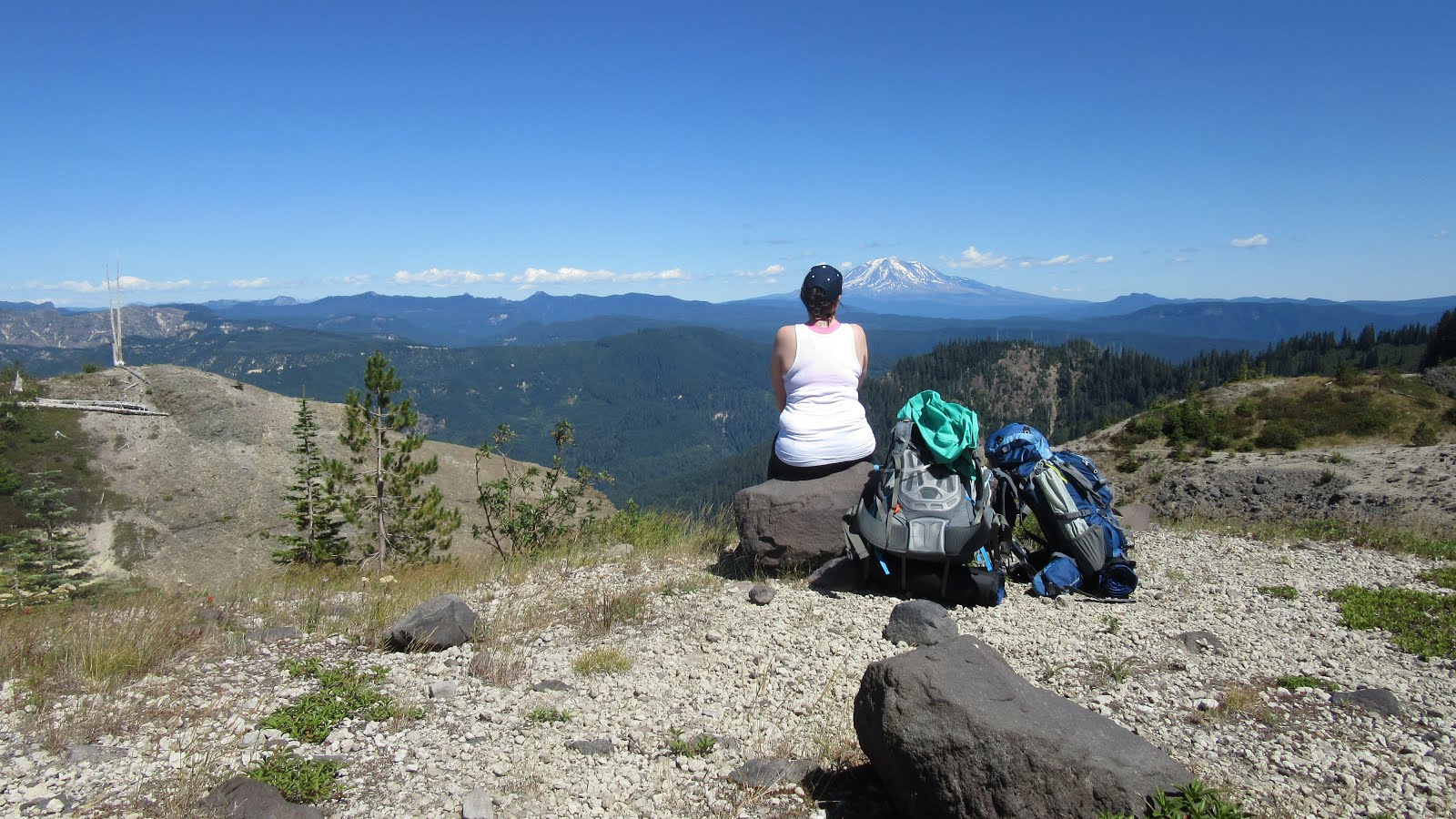Depression does not mean sad
It’s not surprising that so many famous artists are depressed.
Be it actors, comedians, musicians, painters, dancers or poets, many of those who have
created the most moving works have also openly battled with depression. Being an
artist doesn’t make you depressed – but if you are depressed and you can find
some medium for expressing those emotions, I think you cling to it like a life
preserver. For me, it’s writing. In putting pen to paper, so much of the
swirling in my brain takes shape and I can release some of the tension pent up
inside of me. The words, in black and white in front of me, have both more and
less power. While only in my mind, they taunt me, ridicule me and tell me that
I am trapped with them. Once on paper, I see them for what they are…versions of
reality, half-truths, temporary conditions and past hurts and traumatic
experiences. On paper, I can evaluate these fractured emotions and partially
formed thoughts with a little more distance and a little less gravity. For me,
this is a form of therapy.
Artist convey much of themselves onto their canvas of choice.
The emotion flows from a deep place within and can bring wonder and delight to
those who experience their art. Artist can move others to catch a glimpse of
the depths within their own souls. And it isn’t all a feeling of sadness. While
depressed people may feel sad, we might also feel happy or have fun or enjoy
life. When depressed, there
certainly might seem like the balance has shifted to being sad more often, but
there is an underlying current that remains that is deeper than sadness.
What is this underlying state that colors everything else? I
honestly can’t tell you. I’m pretty sure it’s different for everyone and I
don’t think I can put a name on my own, but I do see a common manifestation of
depression – hiding.
Hiding can be done under the covers or by never leaving the
house or by standing in a corner alone in a crowded room. Hiding can happen in
a conversation where you keep the conversation light and plaster a fake smile
on your face. It’s found when people ask you how you are and you brightly smile
and say “I’m fine”….because you know in your heart that being fine is the only
answer people want to hear. So, behind fake smiles, “I’m fine” responses and
closed doors, we hide.
My son, who has serious issues about trying to play video
games when he was supposed to be doing other work, literally sat in the living
room, right in front of me, with a blanket covering his whole body, head and
all, while he was “reading” on his chrome book. The whole “I’m going to read on
my chrome book” was plausible, as they have several online books they are
supposed to be reading, but the fact that he needed to cover himself with a
blanket made the entire scenario suspect. It’s like in Genesis when God calls
for Adam and Eve in the garden of Eden. They knew they broke the rules so they
went to find some figs leaves to make clothes and hid. Adam says to God “I
heard the sound of You in the garden, and I was afraid because I was naked; so
I hid.” (Genesis 3:10)
Shockingly, when my son heard me walking towards him, he
quickly closed the video game tab. Just like the garden: I know I’m going to
get caught doing something wrong so I will hide.
With depression, there is always an undercurrent of
something being wrong. We might think it is wrong with the world, but I would
guess more people feel the way I do – that something is wrong inside of me.
There is a world of people out there who are actually, legitimately fine – and
yet I am not. And so we hide. It doesn’t mean we are sad. But exposing
ourselves seems like a particularly dangerous thing to do. We can either be
exhausted by the fake, socially appropriate interactions or we can function in
small safe places with most of our walls down. But, for me, and maybe others
you know, there is always an element of hiding. I may not carry a security
blanket around the house, but I certainly don’t leave home without a solid
barrier between my heart and the world. Only a very, very, very select few are
allowed in.
Francesca Battistelli’s song “If We’re Honest” begins:
The truth is harder
than a lie
The dark seems safer
than the light
And everyone has a
heart that loves to hide
If we’re honest, we all hide in some way or another. We all
deal with fears and insecurities. We all have a feeling that something inside
may be wrong with us, especially compared to the beautiful Facebook lives carefully
crafted and dutifully liked, showing just how blessed we all are.
And yet, inside my head, a constant uneasiness remains. A
quiet condemning voice. A whisper of fear. It’s a dark place to be. But
sometimes the dark seems safer than the light.
